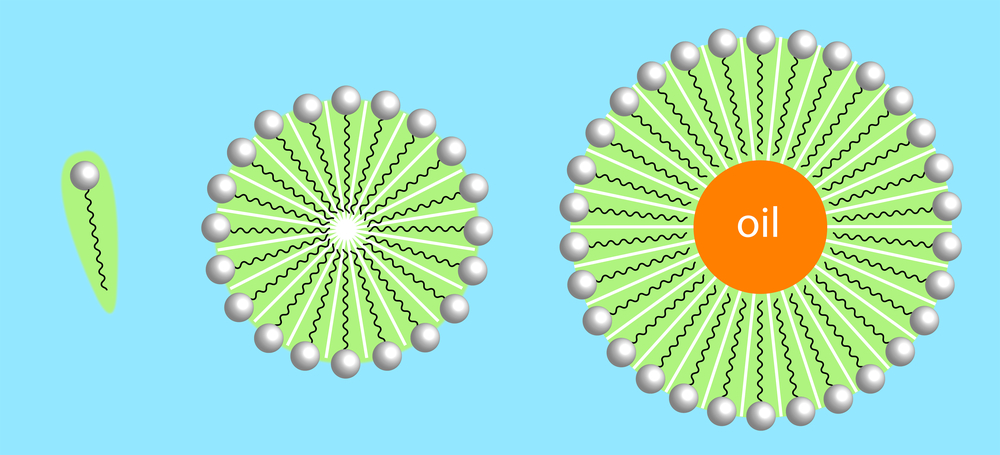A new chemotherapy agent developed by researchers at the Nationwide Children’s Hospital is not only active against both pediatric and adult cancers, but it may also be used as a vehicle to more effectively deliver other chemotherapy drugs to the tumor site.
The study, “Preparation and Evaluation of a Novel Class of Amphiphilic Amines as Antitumor Agents and Nanocarriers for Bioactive Molecules,” and published in Pharmaceutical Research, describes a novel class of anti-tumor amines (RCn) with amphiphilic properties (molecules with a water-soluble part attached to a water-insoluble, or lipid-soluble, part), composed of a tricyclic amine water-soluble head and a lipid-soluble linear alkyl tail of variable length.
“We tested RCn’s tumor killing efficacy in cell lines of numerous cancers, including sarcomas, lymphoma and neuroblastoma,” Timothy Cripe, MD, PhD, principal investigator in the Center for Childhood Cancer and Blood Disease at The Research Institute at Nationwide Children’s, in Ohio, and senior author on the paper, said in a press release. “We observed anticancer activity of the RCn amines in all the cancer cell lines analyzed.”
Although all compounds had anti-tumor properties, RC16 was found to be the most active against all the pediatric tumor cell lines analyzed, and was selected for further analysis in adult cell lines known to be particularly resistant to current treatments. In these lines, it also showed potent anti-tumor effects. Importantly, RC16 was found to be 10 times more effective in damaging tumor cells than healthy cells, suggesting that the low dose required to kill cancer cells will have little to no effects on normal cells.
“This is particularly important for proving the safety of a potential therapy,” Cripe said.
RC16 also demonstrated potent anti-tumor activity when administered orally or intravenously to mice bearing human tumors, and in a metastatic model of murine neuroblastoma.
In addition, due to its amphiphilic character, RC16 could spontaneously self-assemble into micelles (spherical vesicles composed of lipid molecules) able to carry drugs that have low solubility in water. In fact, micelles formed by RC16 were able to carry anti-cancer drugs, such as doxorubicin, paclitaxel, and etoposite, which had higher anti-cancer activity when encapsulated in the micelles.
These results suggest that RCn and, particularly, RC16 may have a promising therapeutic potential in treating a variety of cancers, not only due to their own anti-cancer properties, which are achieved by targeting the cell’s mitochondria and lysosomes, but also due to their ability to transport important anti-cancer drugs into their targets.
“We are in the process of determining our next steps with testing this new drug,” said Cripe. “This is a promising new therapy for adult and pediatric cancers, and we look forward to further testing its merits.”


